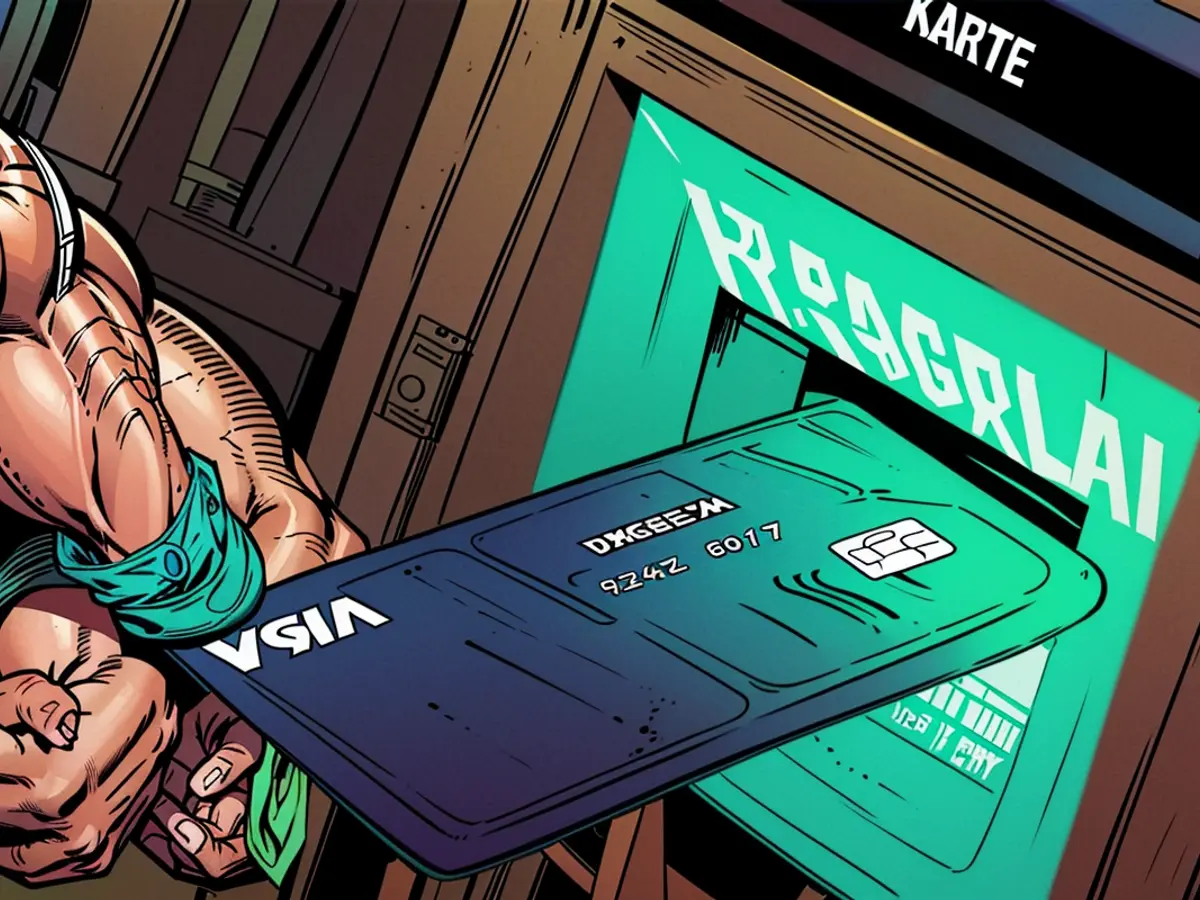Migration - The Interior Minister regrets the delay in processing payment cards
Lower Saxony's Interior Minister Daniela Behrens regrets the delay in awarding the contract for the planned payment card for refugees. It is important that the procedure is now brought to a legally secure conclusion, Behrens told the German Press Agency in Hannover in response to an inquiry. She hopes that the delays will remain within narrow limits.
"It remains the case: We want to introduce the payment card in Lower Saxony as quickly as possible and are making preparations for this at the state level," the minister said.
The reasons for the delays are objections from companies in the tender process, as the responsible company Dataport in Hamburg announced. The tender procedure for the service provider of the payment card is still running.
"14 out of 16 federal states have deliberately decided on a joint tender procedure for the payment card to avoid a patchwork in Germany on this important topic," Behrens emphasized. It is unfortunately not unusual for there to be delays in such a tender procedure with a large contract volume.
Dataport was commissioned with the tender procedure for the planned nationwide cashless payment system for refugees. 14 out of 16 federal states have agreed to this. Bavaria and Mecklenburg-Vorpommern are going their own way. The card is intended to prevent cash payments to smugglers or families in the home countries, relieve municipalities in administration, and reduce the incentive for irregular migration.
- The delay in awarding the contract for the planned payment card for refugees in Lower Saxony has been attributed to objections from companies involved in the tender process, as announced by the responsible company Dataport in Hamburg.
- In response to the delay, Lower Saxony's Interior Minister Daniela Behrens expressed her hope that the delays would remain within narrow limits and emphasized the importance of a legally secure conclusion to the procedure.
- Behrens also noted that 14 out of 16 federal states have chosen a joint tender procedure for the payment card to avoid a fragmented system in Germany, acknowledging that delays are sometimes inevitable in such large-scale tender procedures.
- The German Press Agency reported on Behrens' remarks in Hannover, where she highlighted the benefits of the payment card for refugees, such as preventing cash payments to smugglers, reducing administrative burden on municipalities, and minimizing incentives for irregular migration.
- In regard to the contract award, Behrens expressed regret for any inconvenience caused and reaffirmed Lower Saxony's commitment to introducing the payment card as quickly as possible, with preparations being made at the state level.
- Dataport, the company commissioned with the tender procedure for the nationwide cashless payment system for refugees, has been working with 14 out of 16 federal states on this important initiative, with Bavaria and Mecklenburg-Vorpommern choosing to pursue their own approaches.








